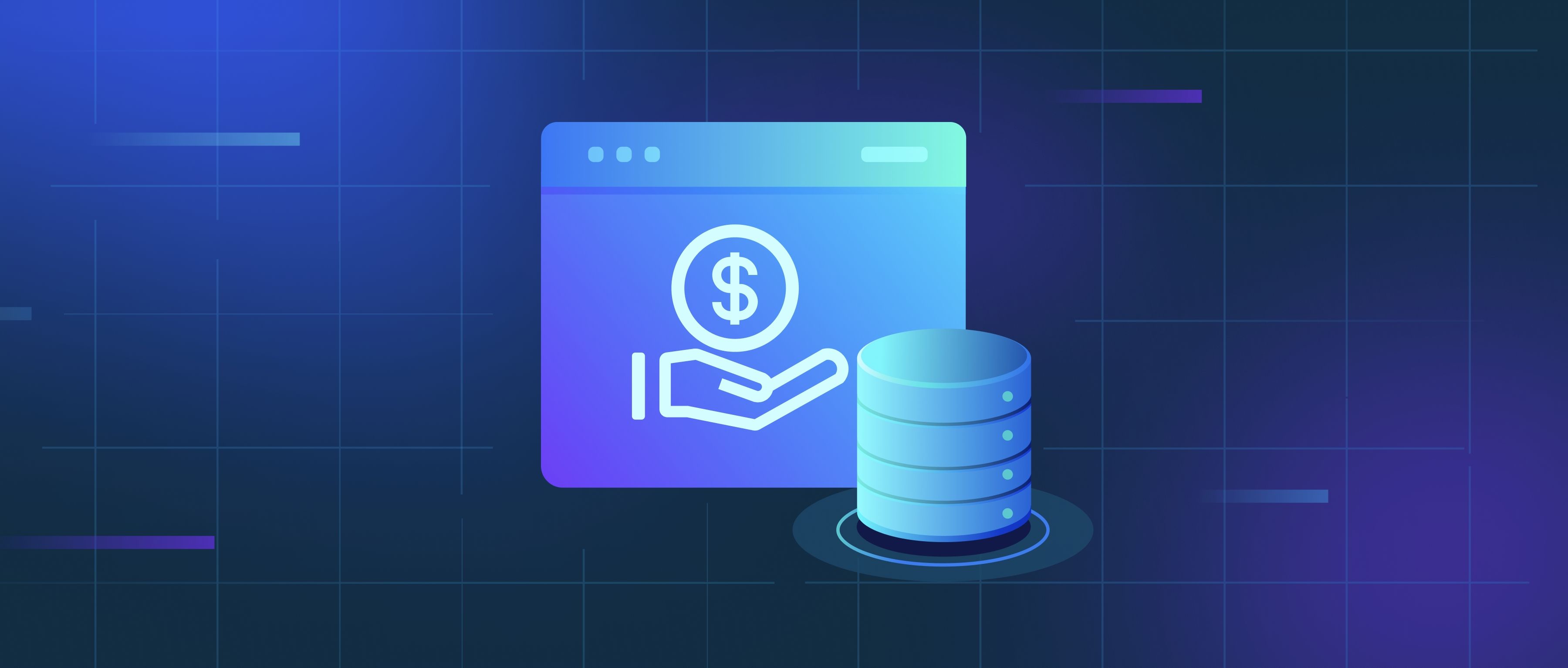If DeepResearch provides an answer that conflicts with your existing information, the first step is to systematically verify both sources. Start by revisiting your original data to confirm its accuracy, checking for outdated documentation, version-specific behavior, or contextual assumptions. For example, if your information is based on an older version of a library or framework, DeepResearch might be referencing updated APIs or deprecated features. Similarly, cross-reference DeepResearch’s output with primary sources like official documentation, trusted technical articles, or community-vetted repositories (e.g., GitHub issues or Stack Overflow threads). This helps identify whether the conflict arises from a misunderstanding, a recent update, or a gap in your current knowledge.
Next, analyze the context and technical specifics of both answers. For instance, if DeepResearch suggests a coding pattern that contradicts your current approach, test both methods in a controlled environment. Create a minimal reproducible example to isolate variables and observe outcomes. If the conflict involves conceptual knowledge—such as architectural decisions or algorithm efficiency—evaluate benchmarks, case studies, or performance metrics. For example, if DeepResearch recommends a database optimization technique that seems counterintuitive, measure query execution times or resource usage to validate its effectiveness. This empirical approach reduces reliance on assumptions and highlights which solution aligns with real-world constraints.
Finally, document the discrepancy and resolution process. If DeepResearch’s answer proves correct, update your knowledge base or codebase and note the reasoning (e.g., “Optimization X replaced Y due to framework version 3.0’s memory handling changes”). If your original information is valid, log the edge case or scenario where DeepResearch’s response might apply. Share findings with your team or community to prevent similar confusion. For example, if a DeepResearch-generated code snippet fails in your environment due to dependency conflicts, a detailed GitHub gist or internal wiki entry can clarify the issue. This iterative process ensures continuous learning and improves the reliability of both your knowledge and the tools you use.
